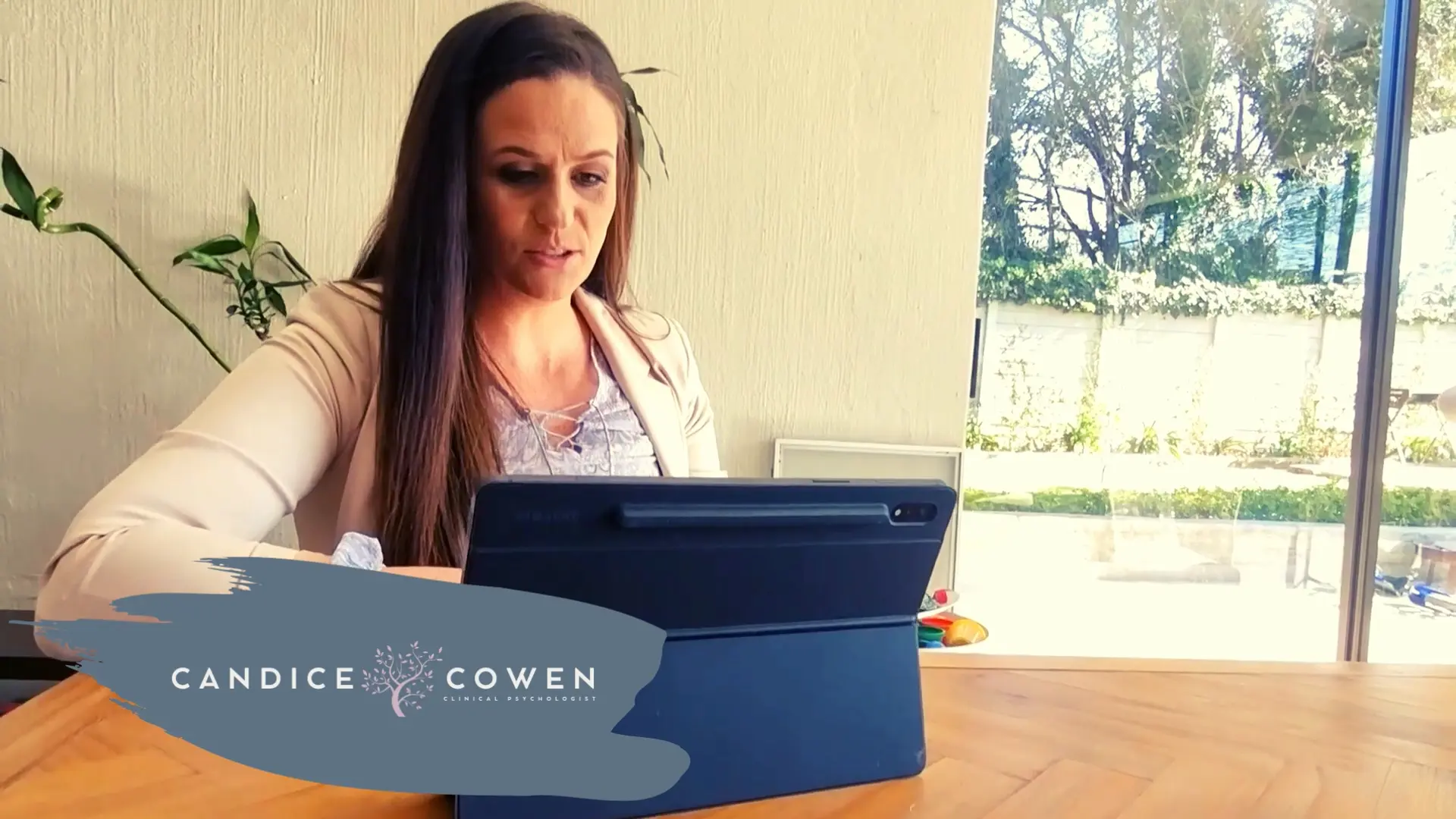Pre-Teens & Adolescence

Nurturing Young Minds, One Step at a Time
Empowering Pre-Teens and Adolescents on Their Journey to Emotional Resilience
As seasoned Clinical Psychologists, we specialize in the emotional well-being of pre-teens and adolescents. Our comprehensive services address a range of challenges commonly faced by young individuals, such as emotional dysregulation and various anxiety disorders including generalized anxiety, separation anxiety, social anxiety, panic disorder, and phobias. We also provide support for exam and test anxiety, mood disorders such as depression, self-harm and suicide, adjustment disorders, acute stress disorders, and PTSD related to trauma experiences.
In addition, we offer guidance in areas crucial to personal growth and development. Our expertise includes assertiveness training, conflict resolution skills, social skills enhancement, and fostering self-esteem and confidence. We invite you to discover how we can help your pre-teen or adolescent overcome obstacles and thrive in their emotional journey.
Our Pre-Teens & Adolescence Solutions
We understand the unique challenges faced by young individuals today. Our goal is to provide tailored support and guidance, helping them navigate through emotional dysregulation, anxiety disorders, mood disorders, adjustment issues, and trauma-related experiences. From addressing exam and test anxiety to fostering resilience in the face of adversity, our dedicated team is here to empower and support young minds on their path to emotional wellness.
- Emotional Dysregulation
- Anxiety disorders
- Mood Disorders
- Acute Stress Disorders
- Trauma
- Training
- Social Skills
- Self Esteem

Emotional dysregulation refers to the difficulty in managing and expressing emotions effectively, encompassing intense emotional reactions, overwhelming mood swings, and struggles in regulating emotional responses to different situations. This can have an impact on various aspects of an individual’s life, including relationships, academics, and overall well-being.
We will play a crucial role in helping individuals with emotional dysregulation by providing assessment, education, therapeutic interventions, and support to develop effective strategies for managing emotions and improving overall emotional well-being.

Anxiety disorders are a group of mental health conditions characterised by excessive and persistent feelings of fear, worry, and anxiety. These disorders can significantly impact daily life, relationships, and overall well-being. Common types of anxiety disorders include generalised anxiety disorder (GAD), separation anxiety disorder, social anxiety disorder, panic disorder, specific phobias, and test/exam anxiety.
We provide various forms of support and treatment. By utilising these and other evidence-based therapeutic approaches, we can help individuals with anxiety disorders gain control over their symptoms, reduce their anxiety levels, and improve their overall quality of life.

Mood disorders are a category of mental health conditions characterized by significant disturbances in mood, leading to prolonged periods of emotional highs (mania or hypomania) or lows (depression). The two most common types of mood disorders are depression and bipolar disorder.
We use various therapeutic interventions that can help individuals with mood disorders manage their symptoms, improve mood stability, enhance their quality of life, and develop effective strategies for long-term well-being. It’s important to note that the specific treatment approach may vary depending on the individual’s diagnosis, symptoms, and preferences.

Acute Stress Disorder (ASD) and Post-Traumatic Stress Disorder (PTSD) are related psychological conditions that can develop following exposure to a traumatic event. Both disorders involve a range of distressing symptoms, but they differ in terms of the duration and timing of symptom presentation.
By employing various therapeutic interventions, we can help individuals with ASD and PTSD manage their symptoms, promote recovery, and enhance their overall well-being. It is essential to seek professional help if you or someone you know is experiencing symptoms of ASD or PTSD to receive appropriate support and treatment.

Adolescent trauma refers to experiences of significant and distressing events or situations that have a lasting impact on the psychological well-being of adolescents. Traumatic events can vary widely and may include physical or sexual abuse, neglect, violence, accidents, natural disasters, bullying, or witnessing traumatic incidents.
We, as psychologists play a crucial role in helping adolescents who have experienced trauma by providing various forms of support and interventions. We can help adolescents who have experienced trauma recover, heal, and develop resilience. It is important for adolescents who have experienced trauma to seek professional help to address their needs and promote their overall well-being.

Assertiveness training for adolescents is a form of therapeutic intervention aimed at helping young individuals develop effective communication and interpersonal skills. It focuses on teaching adolescents how to express their thoughts, feelings, and needs in a confident and respectful manner while also considering the rights and boundaries of others. Assertiveness training can be particularly beneficial for adolescents who struggle with low self-esteem, difficulty setting boundaries, or challenges in social interactions.
Out team will play a significant role in helping adolescents with assertiveness training through various strategies and techniques.
Conflict Resolution: Adolescent conflict resolution refers to the ability of young individuals to manage and resolve conflicts effectively in their relationships, whether it’s with peers, family members, or others. It involves the skills and strategies adolescents use to address disagreements, navigate differences, and find mutually acceptable resolutions. Conflict resolution skills are crucial for fostering healthy relationships, improving communication, and preventing the escalation of conflicts.
Through assessment, skill-building exercises, and guidance, we can help empower adolescents to navigate conflicts in a constructive and respectful manner, fostering healthier relationships and promoting their overall well-being.

Self-esteem and confidence refer to an individual’s belief in their own worth, value, and abilities. It involves having a positive and realistic perception of oneself, feeling competent in various domains of life, and having a sense of self-worth. Healthy self-esteem and confidence are essential for overall well-being, resilience, and success in different areas of life.
Through our expertise, guidance, and support, we can assist individuals in developing a positive self-perception, nurturing self-worth, and building confidence in various aspects of life. Our clinical psychologists work collaboratively with individuals to address underlying issues, develop coping strategies, and foster a stronger sense of self-esteem and confidence.
What to Expect
We understand that taking the first step towards seeking therapy can feel both exciting and uncertain. Here is an overview of what to expect during your initial consultation, so you can feel more comfortable and prepared for this important step on your journey towards well-being.

Payment Information
Before we proceed, we want to provide you with important information regarding the payment process for your consultations with Candice Cowen, Clinical Psychologist.
Please note that Candice operates a cash practice, which means that payment for your consultation will be required on the day of your appointment. We kindly ask you to settle the fee directly with Candice at the end of your consultation.
However, it’s important to mention that many medical insurance providers offer coverage for psychological services. After making payment for your consultation, you will receive an invoice that includes all the necessary details for claiming reimbursement from your medical aid or insurance provider. We encourage you to reach out to your insurance company beforehand to understand the specific requirements and reimbursement policies applicable to your plan.

Adolescent social skills refer to the abilities and behaviors that young individuals use to interact effectively and appropriately with others in various social contexts. These skills include communication, empathy, active listening, cooperation, assertiveness, and understanding social cues. Developing strong social skills is essential for establishing and maintaining positive relationships, navigating social situations, and experiencing social success.
By working with us, adolescents can develop and refine their social skills, leading to improved social interactions, stronger relationships, and increased confidence in social settings. Through assessment, targeted interventions, and ongoing support.